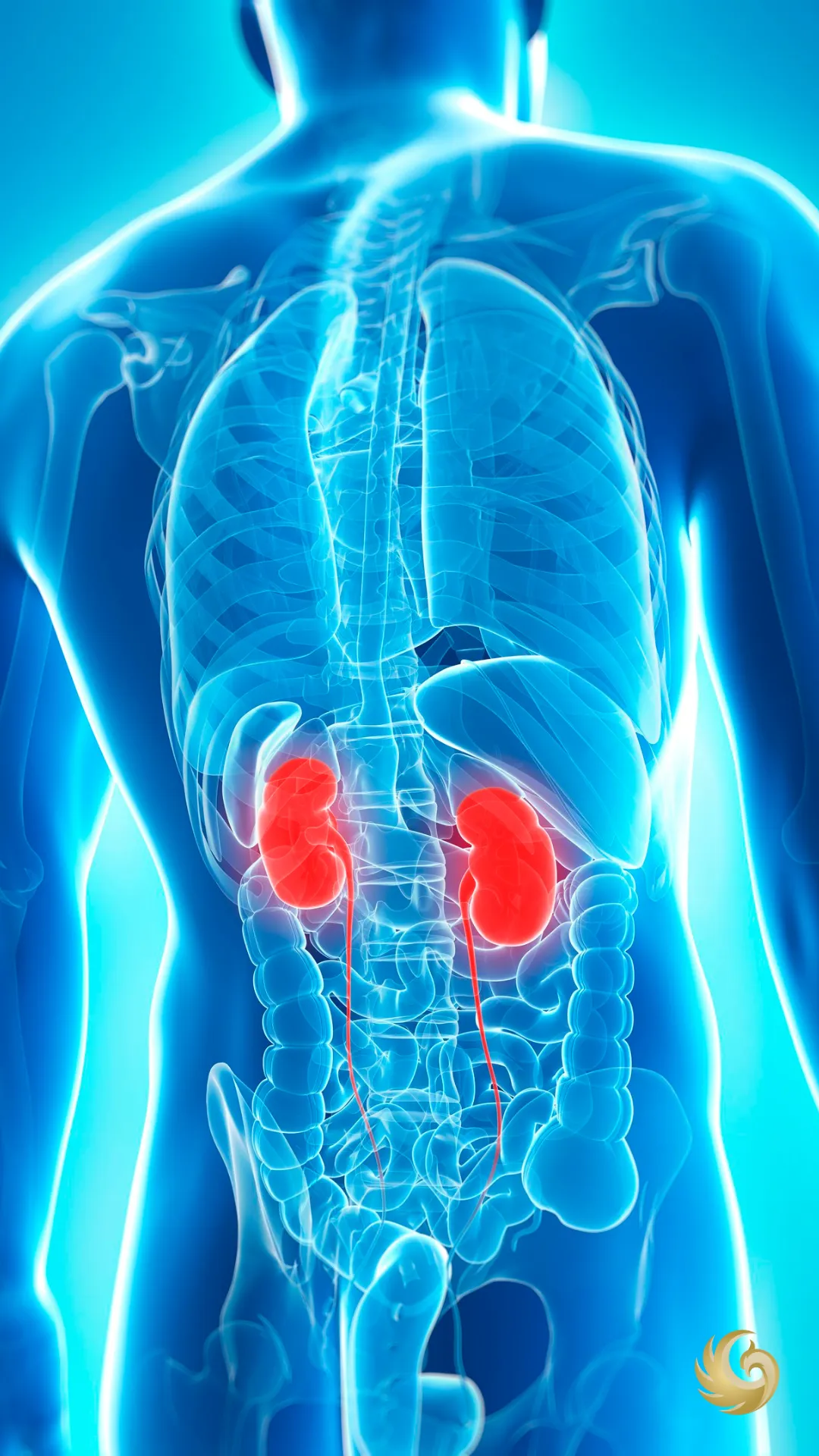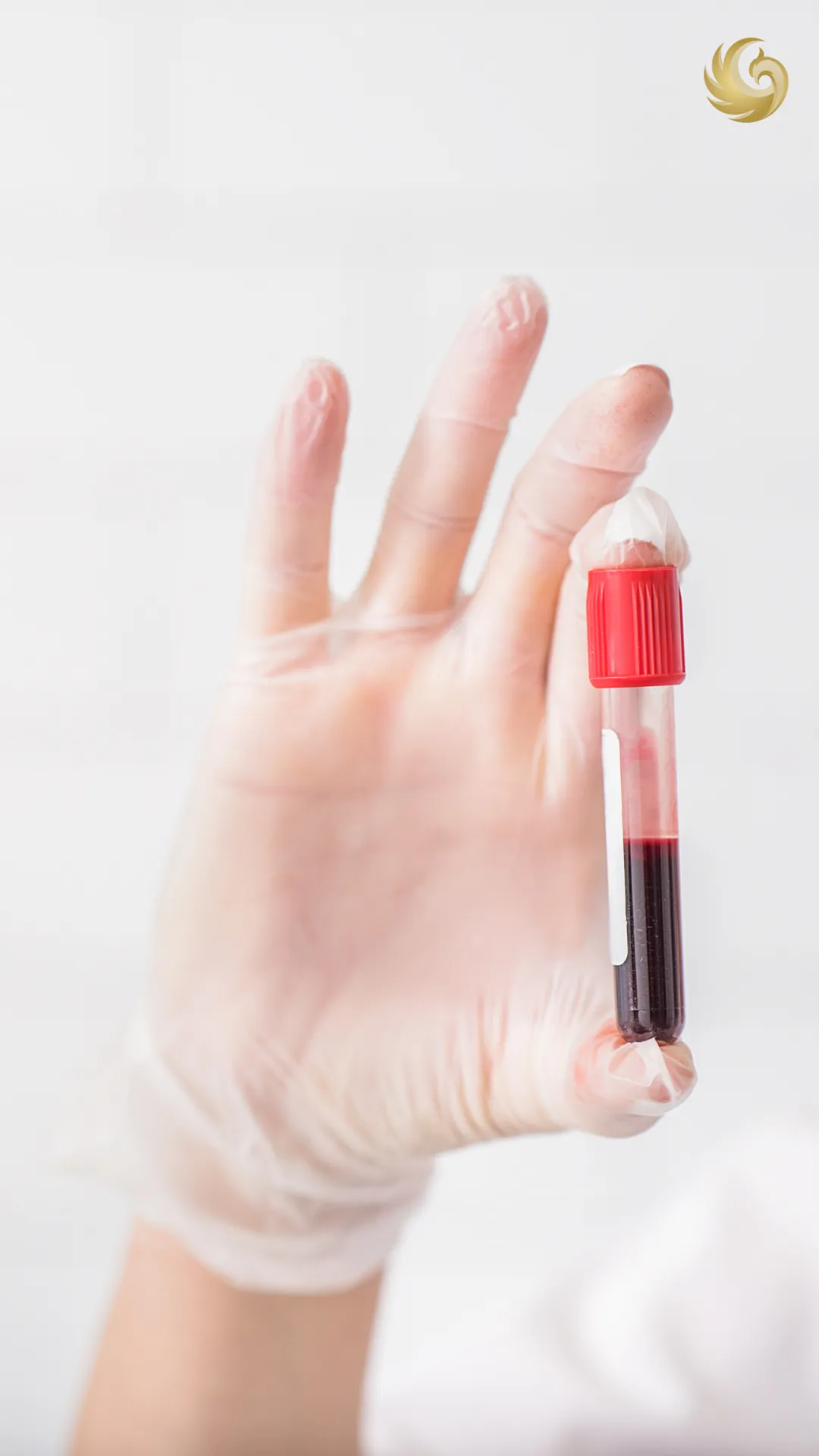Chronic Kidney Disease
(CKD)
What is CKD?
Chronic Kidney Disease (CKD) is a progressive condition characterized by the gradual loss of kidney function over time. The kidneys are responsible for filtering waste and excess fluids from the blood, which are then excreted in the urine. In CKD, this filtering process is impaired, leading to a buildup of waste products and fluids in the body. CKD is typically categorized into five stages, from mild kidney damage in stage 1 to complete kidney failure in stage 5, known as end-stage renal disease (ESRD). Early detection and management are crucial to slowing the progression of the disease and preventing complications.
Symptoms:
Symptoms of CKD often develop slowly and may not be noticeable until significant kidney damage has occurred. Common symptoms include:
Fatigue and weakness
Swelling (edema) in the feet, ankles, or face due to fluid retention
Changes in urination (frequency, color, and amount)
High blood pressure
Persistent itching
Muscle cramps
Shortness of breath (due to fluid buildup in the lungs)
Nausea and vomiting
Loss of appetite and weight loss
Difficulty concentrating or confusion


Causes:
CKD can be caused by a variety of underlying conditions and factors, including:
Diabetes: The leading cause of CKD, where high blood sugar levels damage the kidneys' filtering units.
High Blood Pressure (Hypertension): Can cause damage to the blood vessels in the kidneys over time.
Glomerulonephritis: Inflammation of the kidney’s filtering units (glomeruli).
Polycystic Kidney Disease (PKD): A genetic disorder that causes cysts to form in the kidneys.
Prolonged Obstruction: Conditions like kidney stones, tumors, or an enlarged prostate that block the urinary tract.
Recurrent Kidney Infections: Chronic pyelonephritis can lead to kidney damage.
Autoimmune Diseases: Such as lupus, which can affect the kidneys.
How is CKD diagnosed?
CKD is diagnosed through a combination of tests and assessments, including:
Blood Tests: Measuring levels of creatinine and blood urea nitrogen (BUN) to assess kidney function. The Glomerular Filtration Rate (GFR) is calculated to determine the stage of CKD.
Urine Tests: Checking for the presence of protein (albumin) or blood in the urine, which can indicate kidney damage.
Imaging Tests: Ultrasound, CT scans, or MRI to visualize the kidneys and urinary tract.
Kidney Biopsy: Removing a small sample of kidney tissue for analysis to determine the cause and extent of damage.

Treatment Options:
Medications: To control high blood pressure, reduce proteinuria (protein in the urine), manage diabetes, and treat anemia.
Dietary Modifications: Restricting salt, potassium, phosphorus, and protein intake to reduce the kidneys’ workload.
Lifestyle Changes: Regular exercise, quitting smoking, and limiting alcohol intake.
Dialysis: When kidney function is severely impaired, dialysis is used to remove waste and excess fluids from the blood.
Kidney Transplant: For patients with end-stage renal disease, a kidney transplant may be the best option for restoring normal kidney function.


Holistic therapies:
Holistic therapies can complement conventional treatments by addressing overall well-being and supporting kidney health:
Acupuncture: May help reduce symptoms such as nausea, pain, and improve overall energy levels.
Herbal Medicine: Certain herbs like nettle leaf and dandelion root can support kidney function and detoxification.
Nutritional Counseling: Focuses on kidney-friendly diets tailored to reduce the strain on kidneys.
Stress Management: Techniques such as meditation, yoga, and tai chi to lower stress and improve emotional health.
Hydration Therapy: Ensuring adequate but not excessive fluid intake to support kidney function.
Herbs and plants that support CKD recovery and prevention:
Astragalus: Known for its immune-boosting and anti-inflammatory properties, which can support kidney function.
Nettle Leaf: Helps in detoxification and may reduce inflammation.
Dandelion Root: Acts as a diuretic to help reduce fluid retention and support liver and kidney function.
Ginger: Has anti-inflammatory and digestive benefits.
Rehmannia: Used in traditional Chinese medicine to support kidney health and function.
Cordyceps: An adaptogen that may help protect kidney function and reduce fatigue.
How can CKD be prevented?
While there is no guaranteed way to prevent fibromyalgia, certain practices may reduce the risk or severity:
Control Blood Sugar: Proper management of diabetes to prevent kidney damage.
Manage Blood Pressure: Keeping hypertension under control through medication, diet, and lifestyle changes.
Maintain a Healthy Weight: Regular exercise and a balanced diet to prevent obesity.
Stay Hydrated: Drinking adequate water to support kidney function, but avoiding overhydration.
Avoid Smoking and Limit Alcohol: Reducing these can decrease the risk of kidney damage.
Regular Check-ups: Monitoring kidney function and managing any existing health conditions that could affect the kidneys.

What is the prognosis for someone with CKD?
The prognosis for CKD depends on the stage of the disease, the underlying cause, and how well it is managed. Early stages of CKD can often be managed effectively with lifestyle changes and medication, slowing progression and maintaining a good quality of life. Advanced stages, particularly stage 5 or end-stage renal disease, require dialysis or a kidney transplant. With proper treatment, many people with CKD can live fulfilling lives, though they need to adhere closely to medical advice and make necessary lifestyle adjustments.
Who is at higher risk of having CKD?
Diabetes: The leading cause of CKD.
Hypertension: Uncontrolled high blood pressure can damage kidneys.
Family History: A family history of kidney disease can increase risk.
Age: The risk of CKD increases with age.
Ethnicity: Higher prevalence in African American, Hispanic, Asian, and Native American populations.
Chronic Infections or Autoimmune Diseases: Conditions like lupus or recurrent kidney infections.
Use of Nephrotoxic Drugs: Long-term use of certain medications like NSAIDs can damage the kidneys.
Effective alternative treatments
Alternative treatments can be supportive:
Herbal Supplements: Like the herbs mentioned above, which may support kidney function and reduce symptoms.
Dietary Approaches: Focus on specific diets like the DASH diet (Dietary Approaches to Stop Hypertension) which can support blood pressure management.
Homeopathy: Uses highly diluted substances aimed at triggering the body's self-healing processes.
Nutritional Supplements: Such as omega-3 fatty acids and antioxidants to reduce inflammation and support kidney health.
Energy Healing: Practices like Reiki or Qi Gong which focus on balancing the body’s energy systems.


What diets or lifestyle changes are recommended?
Kidney-Friendly Diet: Limit sodium, phosphorus, and potassium intake. Reduce protein intake to minimize kidney workload.
Hydration: Drink adequate water but avoid overconsumption.
Regular Exercise: Engage in moderate physical activity to maintain cardiovascular health and manage weight.
Quit Smoking: Smoking cessation is vital to reduce the risk of progression.
Limit Alcohol: Alcohol can increase blood pressure and add strain on the kidneys.
Manage Stress: Techniques like meditation, deep breathing, or yoga to maintain mental and emotional well-being.
Contraindications:
Certain alternative treatments can be harmful or interact with conventional medications. For instance:
High Potassium Herbs: Such as licorice or high-potassium diets, can be dangerous for people with advanced CKD.
Over-the-Counter Supplements: Without proper guidance, they can cause adverse effects or interfere with prescribed medications.
Detox and Cleansing Programs: Some can cause dehydration or electrolyte imbalances.
Protein Supplements: High-protein diets or supplements can strain the kidneys and are usually not recommended.
Always consult with a healthcare provider before starting any new treatment to ensure it is safe and appropriate for your specific condition.

How can stress and emotional health influence CKD recovery?
Stress and emotional well-being play a significant role in CKD management. Chronic stress can exacerbate hypertension and worsen kidney function. Anxiety and depression are common among CKD patients and can negatively affect adherence to treatment and overall health. Managing stress through relaxation techniques, counseling, support groups, and mindfulness practices can improve emotional resilience, enhance treatment adherence, and contribute to better health outcomes.
What questions should I ask my doctor about fibromyalgia?
- What stage of CKD do I have, and what does it mean for my health?
- What are the underlying causes of my CKD?
- What treatment options are available to me?
- Are there specific dietary changes I should follow?
- How can I manage my symptoms effectively?
- What lifestyle modifications should I consider?
- How often should I have my kidney function monitored?
- What are the risks and benefits of dialysis or a kidney transplant?
- Are there alternative therapies that could help me?
- How can I manage stress and maintain emotional well-being with CKD?
What is the biodecoding of CKD?
Biodecoding views CKD as a reflection of unresolved emotional conflicts and stressors related to fear and survival:
Kidney Function: The kidneys' role in filtering and purifying blood is seen metaphorically as filtering life experiences and emotions.
Fear and Insecurity: CKD may be linked to deep-seated fears, particularly related to one's safety, security, or survival, and struggles with handling responsibilities or life's pressures.
Suppressed Emotions: The inability to "filter out" or process overwhelming emotions or stress can manifest as kidney dysfunction.
In biodecoding, healing involves addressing and resolving these underlying emotional conflicts, often through therapies that focus on emotional release, understanding personal fears, and fostering a sense of security and support.
Get the Help You Need Today!
Whether you or a loved one managing a health condition and seeking support? We are here to help. By understanding your unique needs, we can provide the resources, guidance, and care you deserve. Take the first step towards better health and improved well-being by filling out our Health Support Survey.
Click the button below to get started:
Your health journey matters to us.
Let us support you every step of the way.

Contact Us
+1 (941) 292-8465
Playa del Carmen, México.
1180 8th Avenue West , Suite 240
Palmetto, FL 34221, USA